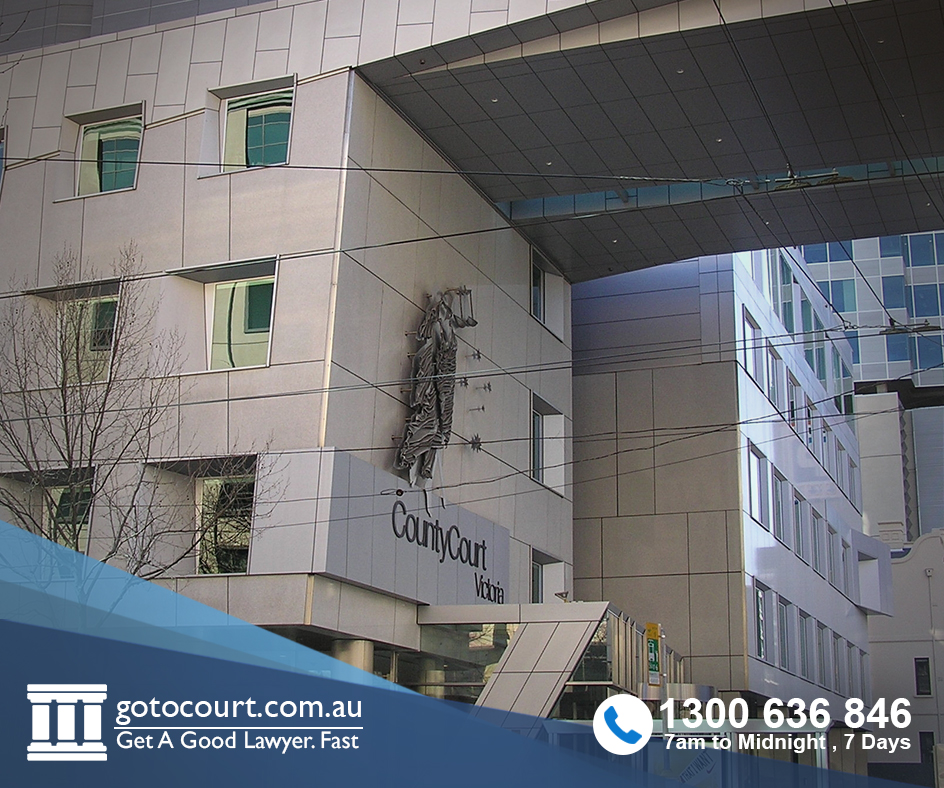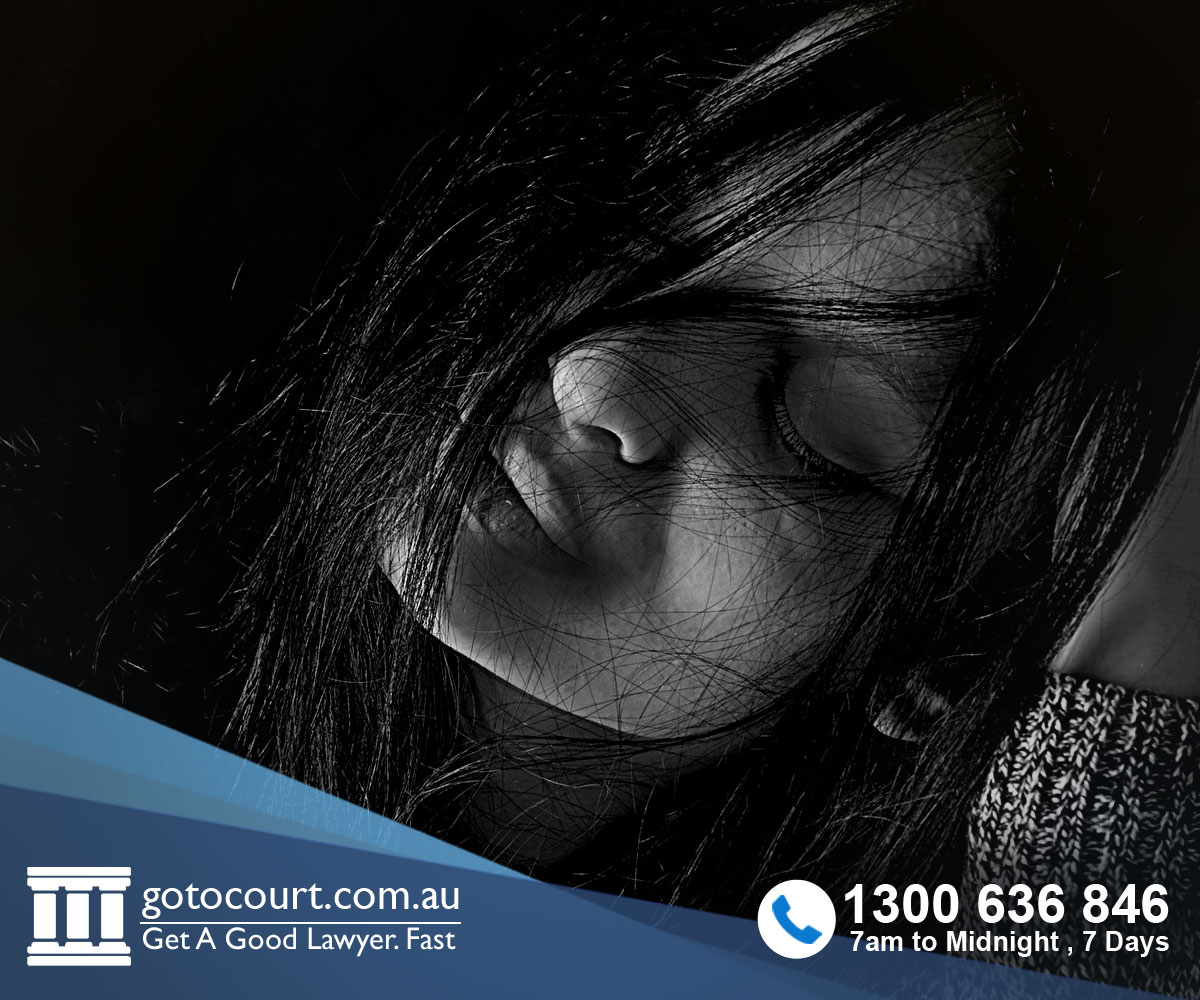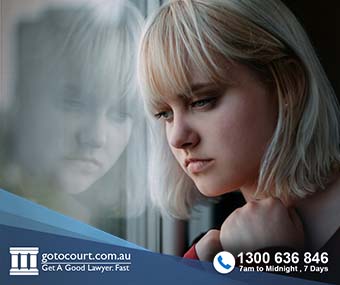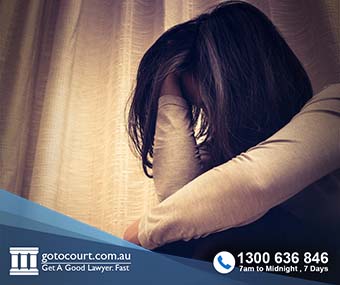Terms of Imprisonment (Vic)
Terms of Imprisonment (Vic)
Terms of imprisonment are the most severe penalty available to courts in Victoria. A term of imprisonment must only be imposed as a last resort, when no other sentencing option is appropriate. Victoria’s adult prisons include remand centres, minimum security correctional centres and maximum security prisons. There are both privately operated and publicly operated prisons in Victoria and the rate of incarceration Australia-wide has been increasing for several decades.
How are terms of imprisonment determined?
The court decides the length of a term of imprisonment, within the parameters of any maximum and minimum term legislated in relation to the relevant offence. The court must not impose a sentence that is more severe than what is necessary to achieve the sentencing objectives in each particular case.
The principles which govern sentencing are:
- Punishment, to the extent that is justified;
- Deterrence, meaning the offender and the broader community is deterred from committing similar offences;
- Rehabilitation, meaning the offender is encouraged to overcome their offending behaviour;
- Protection of the community;
- Denunciation, meaning the sentence sends a message that the offending behaviour is not acceptable.
Mandatory sentencing
There are a number of offences for which Victorian courts must impose custodial sentences. For offences committed after 20 March 2017, this includes murder, rape, serious drug offences, child sex offences and causing serious injury intentionally or recklessly. For offences committed after 28 October 2018, it also includes numerous other offences involving injury or risk of injury, including aggravated home invasion and aggravated carjacking.
Victorian courts are also mandated to impose custodial sentences unless there is a particular reason for not doing so in respect of manslaughter, child homicide, intentionally causing serious injury, kidnapping, arson causing death and some serious drug offences and terrorism offences where the offence occurred after 20 March 2017. The same rules apply to offences of home invasion, car jacking, culpable or dangerous driving causing death, armed robbery and offences involving exposing an emergency worker to risk where the offence occurred after 28 October 2018.
Life imprisonment
A term of life imprisonment means the offender remains in prison for the rest of their natural life. However, the court can set a non-parole period at which the offender can apply for parole. Only the Supreme Court can sentence a person to life imprisonment. The court may refuse to set a non-parole period if it is inappropriate. This means the offender remains in prison until he or she dies.
Suspended sentences
Suspended sentences have been abolished in Victoria for offences committed after 1 September 2014. Suspended sentences are terms of imprisonment where the offender is allowed to live in the community provided they do not commit another offence punishable by imprisonment. If the offender breaches the suspended sentence they are ordered to serve the term of imprisonment unless exceptional circumstances exist. Victorian courts can still impose suspended sentences for offences committed before 1 September 2014, however this power is subject to limitations.
Indefinite sentences
If the court believes a person is a serious danger to the community, it can impose a term of imprisonment with no set end date. The offender is then released only if the court is satisfied that they are no longer a serious danger to the community.
Continuing detention
An order for the continuing detention of a sex offender can be made if the Supreme Court believes that the person poses an unacceptable risk of committing further sexual offences. The court must review a continuing detention order at least once a year.
Terms of imprisonment and young offenders
Courts can order young offenders aged under 21 to serve their sentence in youth detention rather than in adult prison. This is known as the dual track system and is designed to prevent vulnerable young offenders from entering the adult prison system.
The court can make such an order if it is convinced that the young offender has reasonable prospects of rehabilitation or that they are particularly impressionable, immature or likely to be adversely influenced in an adult prison.
If you require legal advice or representation in a criminal matter or in any other legal matter, please contact Go To Court Lawyers.

Affordable Lawyers
Our Go To Court Lawyers will assist you in all areas of law. We specialise in providing legal advice urgently – at the time when you need it most. If you need a lawyer right now, today, we can help you – no matter where you are in Australia.How It Works




1. You speak directly to a lawyer
When you call the Go To Court Legal Hotline, you will be connected directly to a lawyer, every time.

2. Get your legal situation assessed
We determine the best way forward in your legal matter, free of charge. If you want to go ahead and book a face-to-face appointment, we will connect you with a specialist in your local area.

3. We arrange everything as needed
If you want to go ahead and book a fact-to-face appointment, we will connect you with a specialist in your local area no matter where you are and even at very short notice.


















